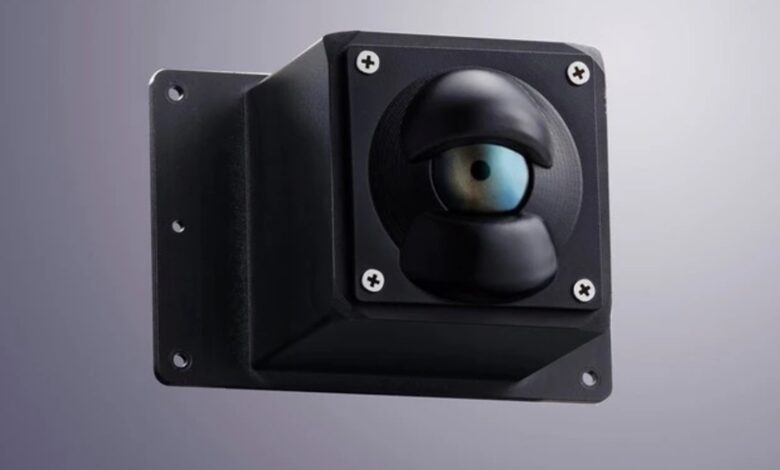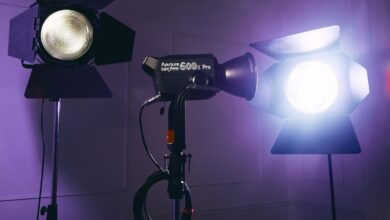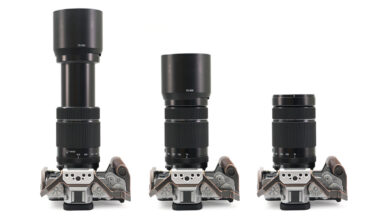The impact of AI on wedding photography: A contemporary perspective

Photography has long been a burgeoning art form, and the advent of artificial intelligence (AI) has set off a new wave of innovation. As in many areas, AI has already begun to shape the wedding photography landscape, changing the way photographers capture, edit, and send photos.
While the technology is exciting, it raises questions about the future of the creative industry. What happens when AI-generated content is indistinguishable from human-generated content? This is a question that continues to intrigue and interest many in our industry. However, there is a consensus that most genres of photography, which revolve around capturing specific moments in time or specific people, will continue to have a unique value that AI cannot replicate. Copy.
AI in Photography: A Brief Overview
Image recognition and autofocus
One of the main areas where AI has found application in photography is image recognition. Image recognition allows the camera to identify subjects in the frame, which can help with exposure and autofocus settings. For instance, many modern cameras use AI to recognize specific human or even animal faces and automatically focus on them. This feature is especially useful in dynamic environments, such as sports or wildlife photography, where the subject is moving fast and is unpredictable.
Scene and light recognition
AI is also used to identify different types of scenes and adjust camera settings accordingly. For example, many smartphone cameras can detect whether you are shooting close-ups, landscapes, portraits, or even night scenes and automatically adjust exposure, color balance, and other information. others to get the best possible image.
AI algorithms can also analyze lighting conditions and optimize camera settings for those conditions. This is especially valuable in difficult lighting conditions, such as backlit scenes or low-light situations.
Post-processing and editing
In post-processing, AI is helping photographers save time and improve their photos more efficiently. For instance, Adobe’s Sensei AI, which supports features like Select Subject and Select Mask in Photoshop, make it easier to isolate objects from the background. It also supports tasks like pattern recognition, making content-aware filling more accurate.
AI-powered software can also automate the editing process by analyzing the image and recommending adjustments to improve the image. These can range from basic adjustments like exposure and contrast to more complex edits like removing unwanted objects or even replacing the sky.
Artificial intelligence
Creative AI, as demonstrated by AI image generators like DALL•E 2, it is possible to create a new image from scratch based on a text description. This could potentially be used to create concept art or support commercial photography where a specific scene or object is needed but is unavailable.
AI and Wedding Photography: Intersection
Wedding photography, with its need to capture intimate and fleeting moments, seems far from the world of artificial intelligence. However, AI has not only made inroads in the field, but has also become a valuable tool for wedding photographers. AI technologies have the potential to greatly enhance the work of wedding photographers in many ways.
Streamline post-processing
AI software can significantly streamline post-processing, which is often the most time-consuming aspect of wedding photography. With thousands (sometimes tens of thousands if you include multi-day celebrations like Indian weddings) of photos to sort, sift, and edit, this stage can be a significant bottleneck. in the photographer’s workflow.
AI-powered software can speed up this process by automatically selecting the best photos based on predefined criteria such as focus sharpness, exposure, and even the subject’s expression. statue. For example, Adobe’s Lightroom offers a feature called “Auto Tone” that can automatically adjust the color balance and tone of an image, saving photographers valuable time.
I don’t mean to say that you should just use AI when selecting or color grading your images. AI can be a powerful tool (like any other tool photographers have used, such as autofocus) for streamlining post-production by providing a quick starting point. and efficient.
Improve image quality
AI can also help enhance image quality. Noise reduction, sharpening, and upscaling are just some of the areas where AI algorithms excel. They analyze image content, understand the scene, and apply fine-tuned edits to specific images rather than using a one-size-fits-all approach.
Advanced camera features
Camera manufacturers are increasingly integrating AI into their hardware. AI-driven autofocus systems, such as those found in Canon’s EOS R3 And Nikon Z9, can track the subject more accurately and quickly, making sure not to miss any important moments. AI can also assist in optimizing camera settings in real time based on the lighting conditions and content of the scene, thereby allowing wedding photographers to focus more on the art of capturing the moment. engraved and paid little attention to camera installation techniques.
AI in Album and Slideshow creation
AI can be a great tool for creating wedding albums and slideshows. Some AI systems can analyze images and pick the moments that resonate the most, creating a story that could take a human hours to develop. The AI can even create music that matches the mood of the image, creating personalized and engaging slideshows.
Stop thinking
AI is playing an increasingly important role in photography, including wedding photography. It provides tools and capabilities that can help photographers streamline their workflow, enhance image quality, and focus more on the creative aspects of their work.
However, while the potential of AI in photography is huge, it’s important to remember that these technologies are tools to aid photographers, not replace them. The art of photography is inherently human; It’s about capturing moments and emotions, telling stories, and creating connections between viewers and audiences. These are aspects where human contact is irreplaceable.
AI can assist by taking on more tedious tasks like sifting and basic editing, or by providing real-time guidance on technical aspects. But creative decisions — choosing the perfect moment to press the shutter, framing the shot, interpreting the scene — will always require human intervention.
Furthermore, as AI technologies continue to evolve, so do ethical considerations. It is important to use these tools responsibly, to ensure that the authenticity of the images is maintained and that the privacy and consent of the subjects are respected.
All in all, AI is an exciting development in the world of photography, offering many possibilities to improve and enhance the work of photographers. By embracing these new technologies, photographers can not only improve their technical skills, but also potentially open up new creative avenues. However, the heart of photography remains in the hands of the photographer — their vision, creativity, and ability to capture the right moment.




